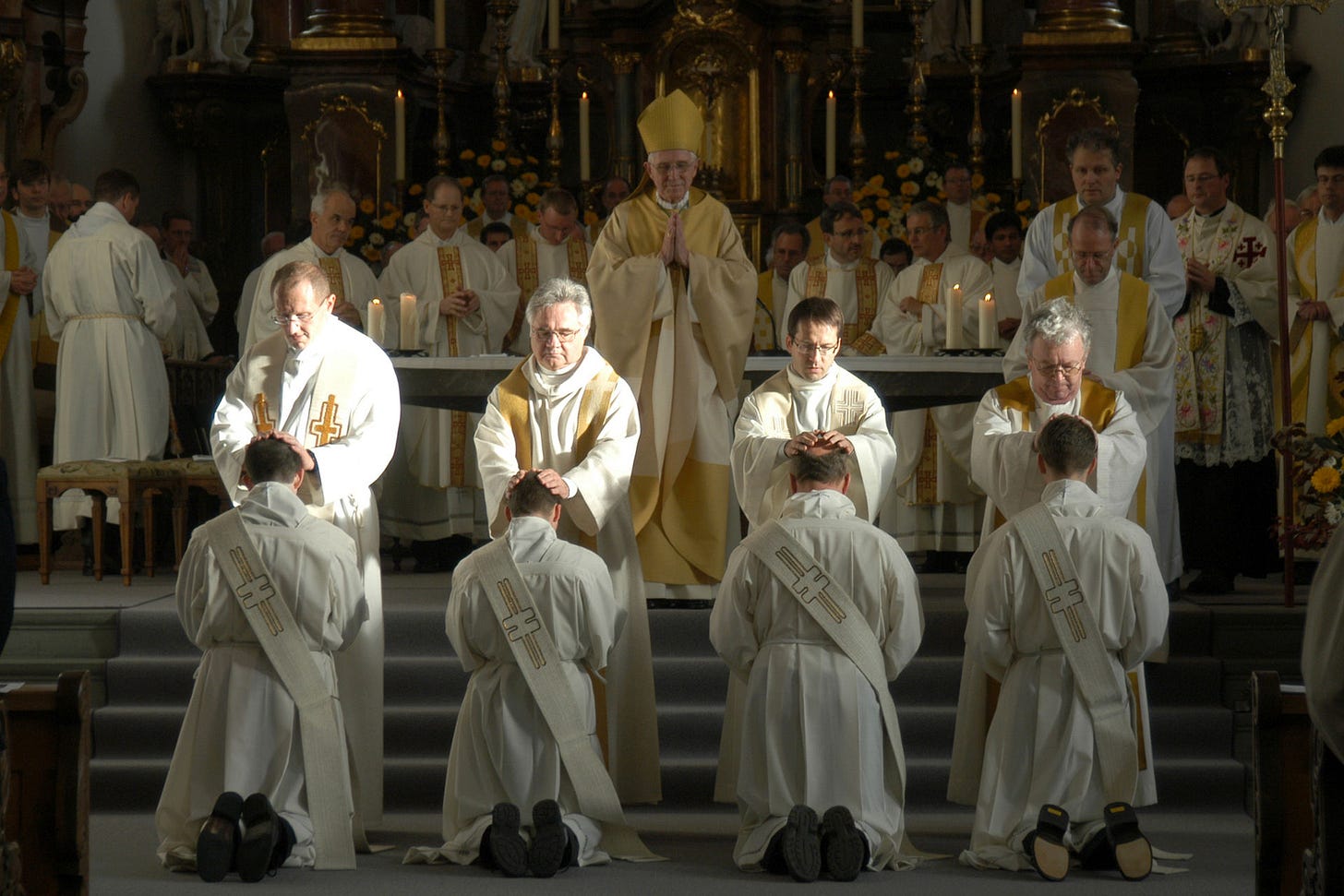Priests, not partisans
Description

Last week, my colleagues and I published findings from our latest study of American Catholic priests. A fair amount of commentary on the report has focused on the evident gap between older and younger priests, particularly when it comes to their political views and their pastoral priorities.
And there are significant generational differences between, for example, priests ordained before 1980 and priests ordained since 2000. This divide is real and important: important for bishops looking to better guide and serve their priests, for those responsible for priestly formation, for building and maintaining fraternity between different generations of priests, and for understanding what Catholics might reasonably expect from their priests in the coming years and decades.
While some of our data has made headlines for showing differences within the Church, it is worth focusing on some of the more nuanced signs of real consensus and stability.
For example, our previous research showed that when a priest perceives that his bishop holds different political or theological views than the priest, this correlates to lower levels of confidence in the bishop’s leadership.
That is perhaps unsurprising. But our current data shows that a far greater predictor of trust in one’s bishop is simply that a priest feels his bishop cares about him.
In short, trust in the leadership of one’s bishop or religious superior is driven far more by personal relationships than by theological or political predisposition. I find that rather more edifying than the alternative.





